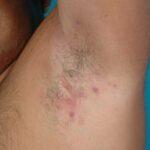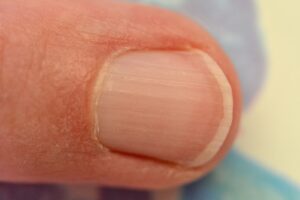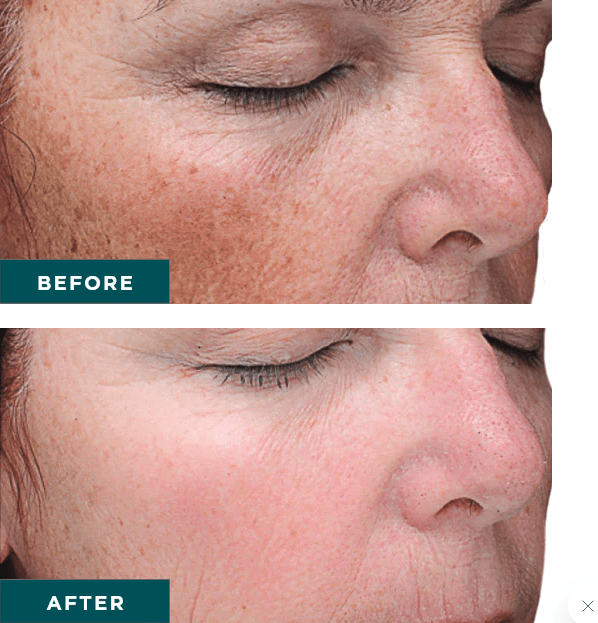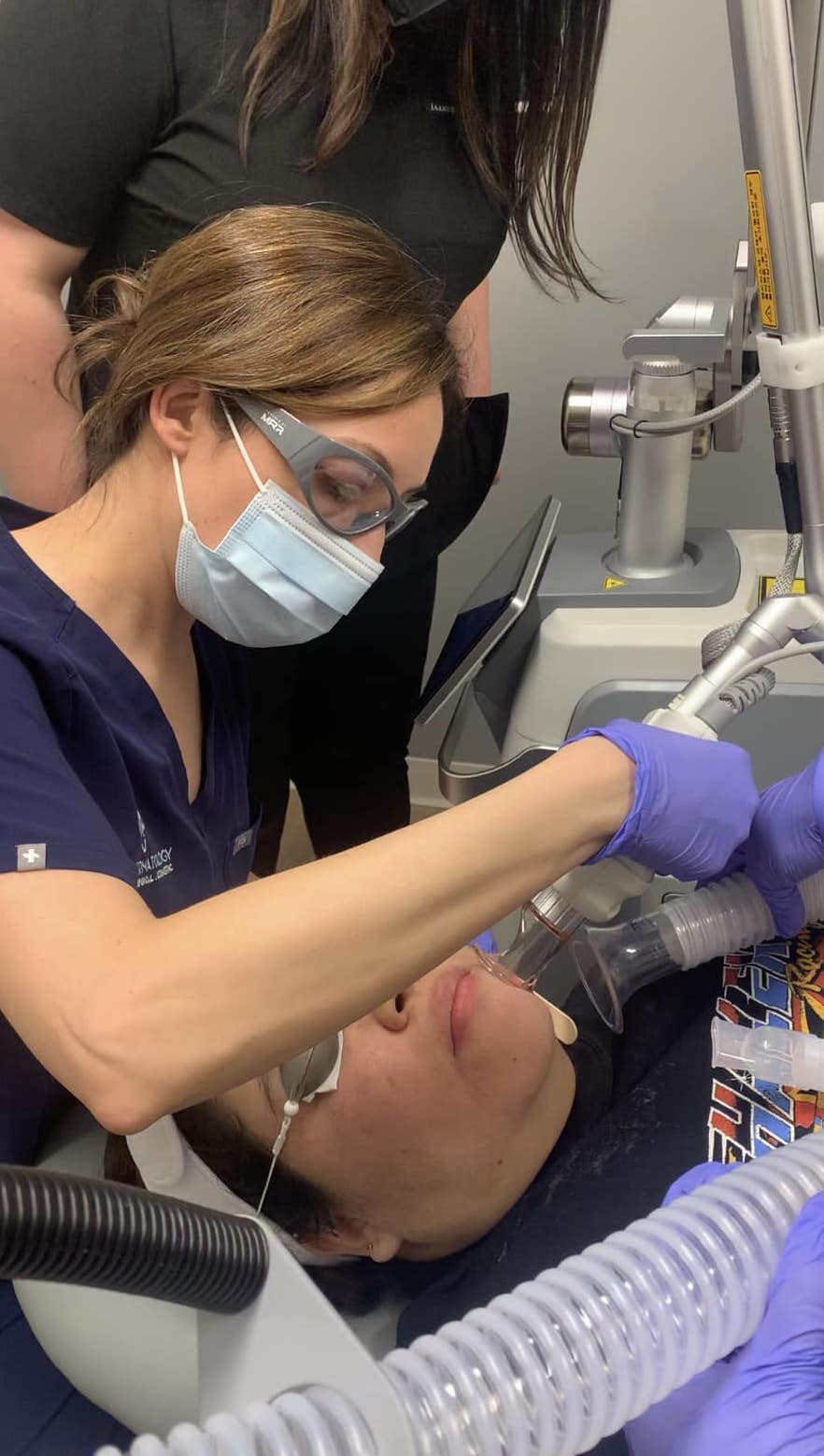
Facts About Atopic Dermatitis
What is atopic dermatitis?
Atopic dermatitis, often called eczema, is a chronic (long-lasting) disease that causes the skin to become inflamed and irritated, making it extremely itchy. Scratching leads to:
- Redness
- Swelling
- Cracking
- “Weeping” clear fluid; crusting
- Scaling
In most cases, there are times when the disease is worse, called flares, followed by times when the skin improves or clears up entirely, called remissions.
Atopic dermatitis is a common condition, and anyone can get the disease. However, it usually begins in childhood. Atopic dermatitis cannot be spread from person to person. No one knows what causes atopic dermatitis. Depending on how bad the symptoms are, living with atopic dermatitis can be hard, but treatment can help control symptoms.
Who gets it?
Atopic dermatitis is a common disease, and it usually appears in babies and children. For many, atopic dermatitis goes away before the teenage years. However, some children may continue to have symptoms as teens and adults. Occasionally, the disease first appears during adulthood.
You may have a higher chance of contracting atopic dermatitis if you have a family history of:
- Atopic dermatitis
- Hay fever
- Asthma
In addition, atopic dermatitis is more common in non-Hispanic black children.
What are the symptoms?
The most common symptom of atopic dermatitis is itching, which can be severe. Other common symptoms include:
- Red to dark brown, dry patches of skin.
- Rashes that that may ooze, weep clear fluid, or bleed when scratched.
- Thickening and hardening of the skin.
The rash can appear anywhere on the body. The symptoms can flare in multiple spots at the same time.
People with atopic dermatitis often have other conditions, such as:
- Asthma and allergies, including food allergies.
- Other skin diseases, such as ichthyosis, which causes dry, thickened skin. Depression or anxiety.
- Sleep loss.
What causes it?
No one knows what causes atopic dermatitis; however, doctors know that changes to the skin can cause it to dry out. This can lead to damage and cause the skin to become inflamed. How the skin protects itself and keeps in moisture may be affected by:
- Changes in genes.
- Problems with the immune system, which can become confused and too active, leading the skin to become inflamed.
- Exposure to certain things in the environment, such as tobacco smoke, skin products and soaps, and certain air pollutants.
Is there a test for it?
To see if you or your child has atopic dermatitis, Dr, Muñoz may ask:
- About your family history of allergies.
- Whether you also have hay fever, asthma, or food allergies.
- About your exposure to soaps, perfume and cosmetics and cigarette smoke
- If you have sleep problems.
- If any foods seem to trigger hives.
- About previous treatments for skin-related symptoms. About use of steroids or other medications.
Dr. Muñoz may also look at your skin and the rash. She may also order blood tests or other lab tests.
How is it treated?
The goals of treating atopic dermatitis include:
- Managing and controlling dry skin
- Stopping more skin from becoming inflamed
- Controlling itching
- Promoting healing
- Preventing infections from itching
- Preventing flares
Living with atopic dermatitis
Living with atopic dermatitis can be hard. Here are some tips to help control atopic dermatitis.
Follow a daily skin care routine to help prevent flares. Skin care can include:
- Taking lukewarm baths to clean the skin without drying it too much.
- Limit baths to once a day.
- Using mild unscented bar soap or non-soap cleanser.
- Patting the skin dry after bathing and not allowing it to get too dry before moisturizing
- (avoid rubbing or brisk drying).
- Using a moisturizer to seal in the water that has been absorbed into the skin during bathing.
- Using cream and ointments and avoiding lotions with high water or alcohol content, which can cause burning.
- Protecting the skin from irritants and rough clothing, such as wool.
- Talk to Dr. Muñoz about potential food allergies.
- Manage stress. Using stress management and relaxation techniques can help lower your stress and decrease the chances of flares.
- Talk to family, friends, health professionals and support groups or organizations for support.
- Avoid scratching or rubbing, which irritates the skin, increases inflammation, and can increase itchiness. Keep fingernails short to help reduce scratching.
- Seek counseling. If you are feeling overwhelmed, embarrassed, or anxious about the condition, seek counseling with a mental health professional.
- Maintain level indoor temperatures. Keep the inside of your home at a cool, stable temperature and consistent humidity levels.
- Get restful sleep. If you or your child is unable to get restful sleep at night because of itching and scratching, talk to your doctor about options to better control the atopic dermatitis.
- Avoid exposure to the smallpox vaccine. Anyone with atopic dermatitis should not receive a smallpox vaccine. Talk to your doctor about your risks before anyone in your household receives the vaccine.
For treatment of atopic dermatitis or other skin conditions, contact us. Telemedicine appointments are also available.

 Previous Post
Previous Post Next Post
Next Post



